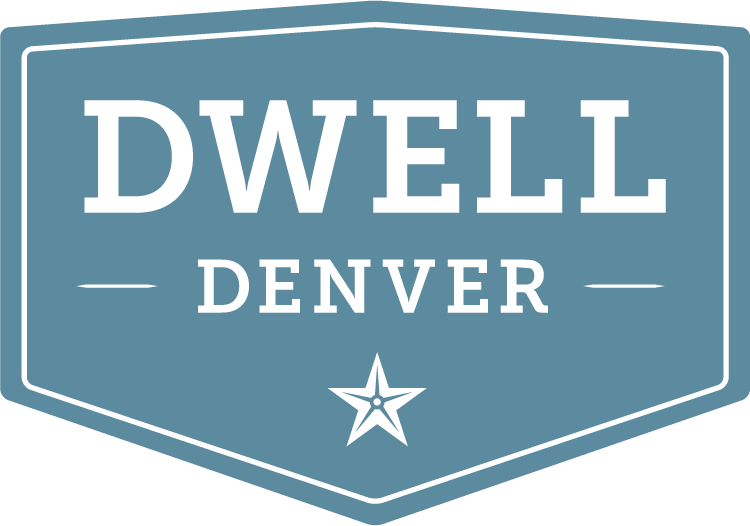The True Costs of Moving.
When you’re looking to invest in a place of your own, it’s tempting to focus only on the big number: the price of the home itself.
That’s an important number, obviously. But to avoid some unpleasant surprises, it’s good to include the smaller expenses in your budget, too. Because those things add up—fast.
Take, for instance, the move itself. On average, a local move will set you back $1,250, according to The American Moving and Storage Association. For long-distance hauls, 1000 miles or more, you’ll be looking at more like $5,000 from packing to delivery.
But wait! There’s more. (Ugh.)
According to the National Association of Home Builders, your new home could cost you more than $10K over the first year. (!!) What the heck for? Well, for all the things that make your new home yours: new furniture, paint, minor repairs, house plants (probably), and so on.
Don’t panic! The more you know, the better you can plan. So let’s get real about expenses that make up the true cost of moving.
Before You Close
Once you’ve found The One, you’ll start spending money almost immediately. Be sure to plan for costs like:
Inspections on the new place: building, pests, radon, natural gas, and so on
Earnest money (This gets applied to the purchase price, but it’s still cash you have to be ready to fork over.)
Repairs to your old place if necessary
Closing the Deal
Before you get your keys to your new place, you’ll get to write a biiiiiiiig check to finalize the transaction. These “closing costs” include things like:
Loan fees
Appraisal fees
Surveys
Title-related fees
Credit reports
Taxes
Homeowner’s insurance
Private mortgage insurance
*Learn more about closing costs here.
The Physical Move
Someday, maybe we’ll be able to snap our fingers and all our stuff will automagically get from point A to point B. But in the meantime, we get to spend money on “fun” stuff like:
Moving boxes
Packing supplies (tape, bubble wrap, newsprint, labels)
Moving blankets
Moving truck or trailer
Fuel/truck fees
Tips
These costs can vary quite a lot depending on if you’re hiring a moving company or doing it yourself. For example, labor could be thousands of dollars or $20 for pizza and beer to feed some hungry helpers.
Pro-tip: If DIY-ing your move is going to wear on your mental health, it might be worth the extra cost to hire a moving company. That’s what they’re there for!
Your New Place
Most people find themselves longing to upgrade their stuff when they upgrade their surroundings. Even if you’re a master thrifter, you may end up spending more money than you expected on things like:
Furniture
Window coverings
Décor
Rugs
Storage and organization
Miscellaneous (welcome mats, towels, shower curtains, shelf liner, closet racks, and so on)
The Unexpected
Everything’s going great! You’ve made it to the new place without any property damage or personal injuries. But the next day you come out to a huge ticket because you missed the big NO PARKING ON SECOND THURSDAYS sign.
As you’re putting together your moving budget, don’t forget about random expenses such as:
Moving insurance
Lost wages for days off
Stocking your new pantry
Utility deposits/fees
Cleaning supplies
DMV fees to change your address on all those important documents
Temporary storage or lodging
Copies of house keys
Security system
Parking tickets
The Make-My-Life-Easier List
Moving is one of the most stressful experiences in life. With that in mind, consider budgeting for some sanity-savers like:
Pet boarding
Babysitting
Eating out during the move
When you’re ready, we’re ready!
Let us answer your questions! After 20 years of advocating for Denver home buyers, we know all about the moving process—from finding the perfect home to packing boxes. Book a discovery meeting today for a no-pressure start to your big move.

